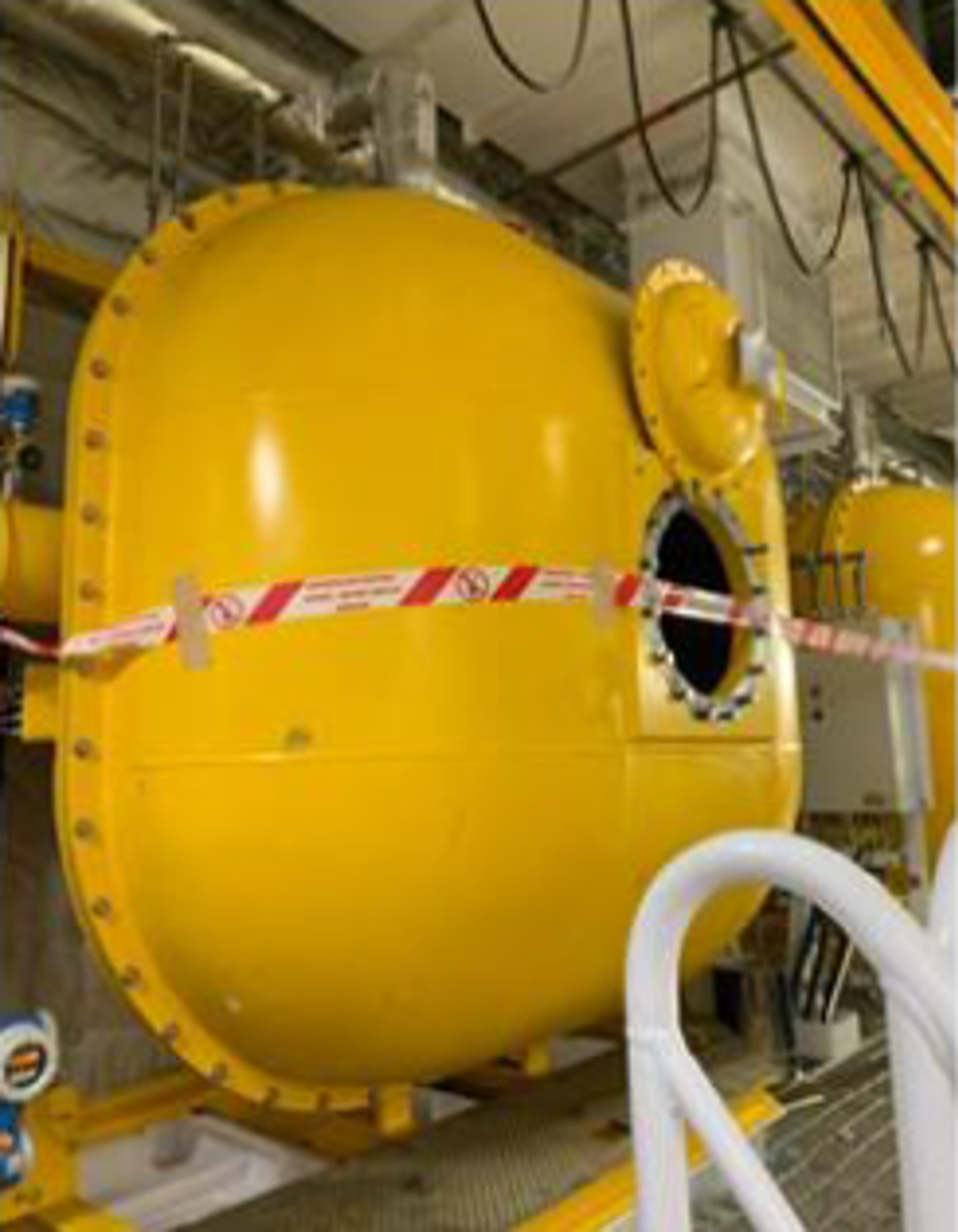High potential near miss: Person found unconscious in confined space
- Safety Flash
- Published on 18 June 2019
- Generated on 26 April 2025
- IMCA SF 14/19
- 2 minute read
Jump to:
During commissioning activities, a commissioning engineer was found unconscious inside a gas valve unit (GVU).
What happened?
The engineer received CPR and regained consciousness before being transported to the hospital for further diagnosis. Luckily, he has made full recovery.

Pressure holding tests were being conducted, controlled from an interface cabinet. Nitrogen gas was used as the test medium. The pressure build-up was taking longer than usual so the vendor performing the test suspected that there was a leak somewhere. He heard a hissing sound coming from inside one of the GVUs (where the piping runs through) and suspected that the leak was coming from the piping inside the GVU.
The vendor informed the commissioning engineer about the leakage and returned to the interface cabinet.
Shortly afterwards the vendor noticed the commissioning engineer entering the GVU through the manhole opening. The vendor rushed to the GVU, but the commissioning engineer was already overcome by the nitrogen and had collapsed inside the unit.
The commissioning engineer was rescued, CPR was administered, and he regained consciousness before being transported to the hospital supported by additional oxygen. The engineer has since made a full recovery and is back on duty.
What went wrong?
- The gas valve unit (GVU) is clearly a confined space; however, the experienced engineer decided to enter alone via the manhole opening.
- There were no confined space entry controls in place at that particular GVU, i.e.:
- no confined space entry permit in place
- no atmospheric test results at the location
- no safety watch in place.
- no confined space entry permit in place
What lessons were learned?
Never enter a confined space unless a permit is active, and all controls are in place to ensure your safety, such as; the atmosphere has been successfully tested; a safety watch is at the entrance; you know what the rescue plan is; and you have discussed your entry with your supervisor.
Members may wish to refer to:
- IMCA video: Be prepared to work safely: Confined space: the dangers
- IMCA video: Working in confined spaces
Related Safety Flashes
-
IMCA SF 01/19
28 January 2019
-
-
IMCA SF 22/15
15 December 2015
-
IMCA SF 14/15
2 October 2015
IMCA Safety Flashes summarise key safety matters and incidents, allowing lessons to be more easily learnt for the benefit of the entire offshore industry.
The effectiveness of the IMCA Safety Flash system depends on the industry sharing information and so avoiding repeat incidents. Incidents are classified according to IOGP's Life Saving Rules.
All information is anonymised or sanitised, as appropriate, and warnings for graphic content included where possible.
IMCA makes every effort to ensure both the accuracy and reliability of the information shared, but is not be liable for any guidance and/or recommendation and/or statement herein contained.
The information contained in this document does not fulfil or replace any individual's or Member's legal, regulatory or other duties or obligations in respect of their operations. Individuals and Members remain solely responsible for the safe, lawful and proper conduct of their operations.
Share your safety incidents with IMCA online. Sign-up to receive Safety Flashes straight to your email.